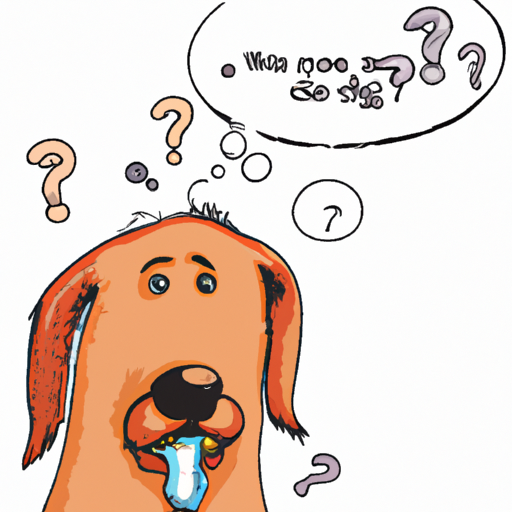1. Introduction
As a dog caregiver, you’ve probably experienced your canine companion’s drooling at some point. It’s a common occurrence, but have you ever wondered why dogs drool? In this article, we will explore the five main reasons why dogs drool and how you can manage this behavior.
2. Normal Dog Behavior
Firstly, it’s essential to understand that drooling is a natural process for dogs. It’s their way of cooling down and can also be a sign of anticipation, especially around meal times.
- Heat Regulation: Dogs don’t sweat like humans do. They pant and drool to cool themselves down. So, if it’s a hot day and your dog has been running around, expect some drool.
- Food Anticipation: When it’s close to meal times, or when your dog smells something delicious, they might start to drool in anticipation of the feast to come.
3. Oral and Dental Issues
Sometimes, drooling can indicate oral or dental problems. It’s crucial to regularly check your dog’s mouth for any signs of these issues.
- Broken or Loose Teeth: If your dog has broken or lost a tooth, they may drool due to the discomfort.
- Gum Disease: Dogs are susceptible to gum disease, which can cause drooling, bad breath, and even tooth loss.
- Oral Tumors: Tumors in the mouth can also lead to excessive drooling. If you notice a sudden increase in drooling, it’s best to consult your vet.
| Potential Issue | Signs | What to Do |
|---|---|---|
| Broken or Loose Teeth | Discomfort, difficulty eating | Visit Vet |
| Gum Disease | Bad breath, loose teeth, bleeding gums | Regular Dental Check Ups |
| Oral Tumors | Sudden increase in drooling | Visit Vet |
4. Health Conditions
Certain health conditions can cause excessive drooling. If your dog’s drooling is accompanied by other symptoms, you may want to consult your vet.
- Nausea or Stomach Upset: Just like humans, dogs can drool when they’re feeling nauseous or have an upset stomach.
- Heat Stroke: If your dog is overheated, they may drool excessively. Other signs of heat stroke include panting, fatigue, and bright red gums.
5. Anxiety and Stress
Lastly, keep in mind that dogs can drool when they’re anxious or stressed. This can be caused by a change in environment, loud noises (like thunderstorms or fireworks), or separation anxiety.
As a caregiver, it’s crucial to understand and respond to your dog’s needs. If your dog’s drooling is caused by anxiety, you might consider comforting measures like a quiet, safe space or calming pet products.
Frequently Asked Questions
Q: Can drooling be a sign of poisoning?
A: Yes, excessive drooling can be a sign of poisoning or ingestion of a toxic substance. Seek immediate veterinary care if you suspect poisoning.
Q: What can I do to manage my dog’s drooling?
A: Keep a drool rag handy, provide plenty of water, and consider using drool-proof dog bowls. If the drooling is due to dental issues or health conditions, seek veterinary care.
Q: Should I be worried if my dog is drooling excessively?
A: It depends on the situation. If the drooling is sudden, excessive, and accompanied by other symptoms, it’s best to consult a vet.
Remember, as a caregiver, your dog’s health and happiness are in your hands. Understanding their behavior is the first step to ensuring they live a happy, healthy life.



